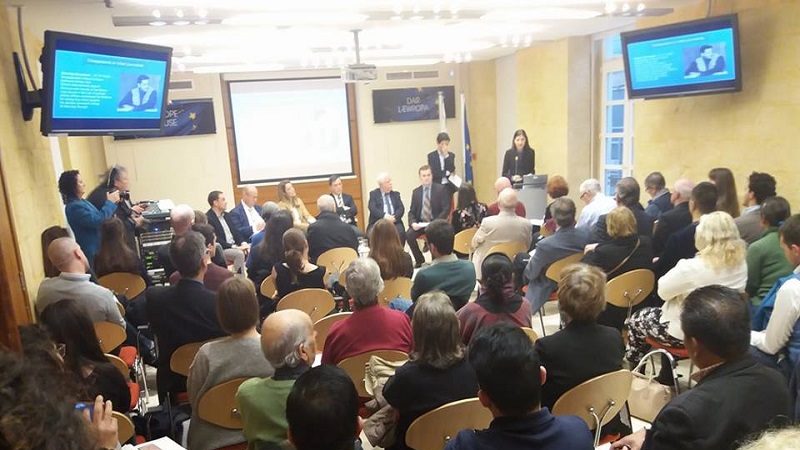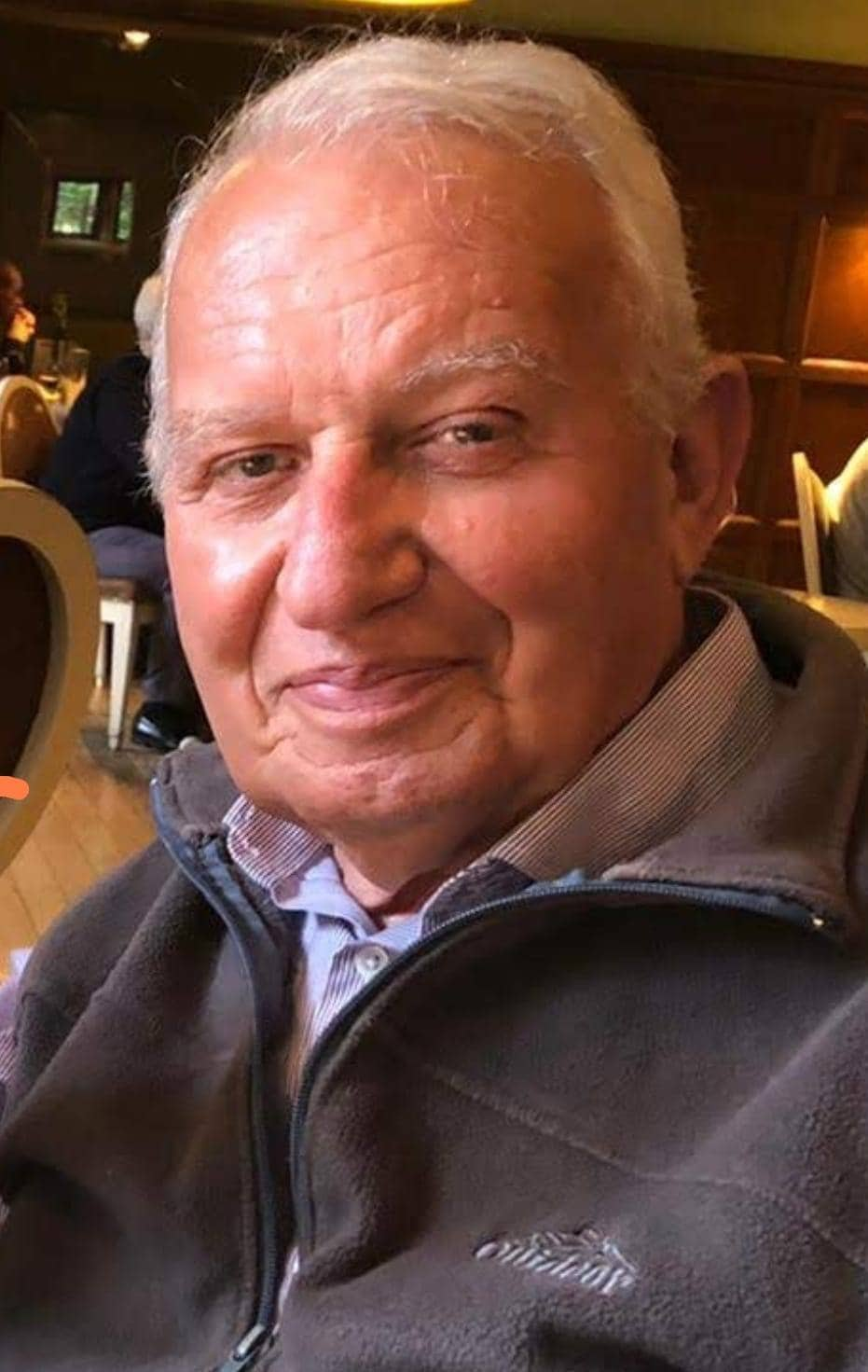Reporters Without Borders (RSF) is working tirelessly on the investigations into the murder of journalist Daphne Caruana Galizia who was killed in a car bomb on 16 October.
In a debate on freedom of speech held on Friday in Valletta, RSF said it was doing its utmost to prevent another similar attack on journalists in Malta.
Head of the RSF’s EU desk Pauline Adès-Mével said Caruana Galizia’s murder shocked the world, adding that the NGO was “not pleased with the situation right now”.
“By eroding fundamental freedoms, democracies are at risk of losing their souls. Malta is a good example of this… Daphne’s murder was the first of its kind in Europe after that of Charlie Hebdo,” Adès-Mével said.
In comments to Lovin Malta, Adès-Mével said RSF wanted to ensure that the Caruana Galizia case remains a symbol and other journalists do not suffer the same fate.
“Despite the fear and anxiety, what I have noticed is that Maltese journalists have grown stronger and more determined; they feel as though they have a mission to continue Daphne’s work. A Maltese journalist told me that such a brutal attack on one of them would not stop the rest of them from doing their jobs, and I think they have proved that in the past few months. They want to ensure that Daphne’s voice isn’t lost,” Adès-Mével told Lovin Malta.
She also said that the threat of legal action against journalists in foreign jurisdictions – known as SLAPP – has become a huge problem in Malta and elsewhere adding that RSF “will support these journalists and pressure the Maltese authorities to change the legislation.”
The debate organised by the European Parliament office was also addressed by Civil Network Society co-founder Michael Briguglio who said that more than 100 days after Caruana Galizia’s murder little progress has been made in finding out who ordered the assassination.













